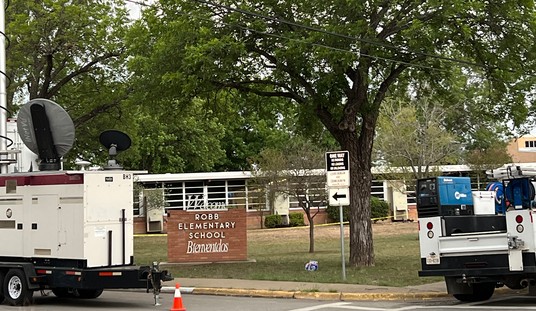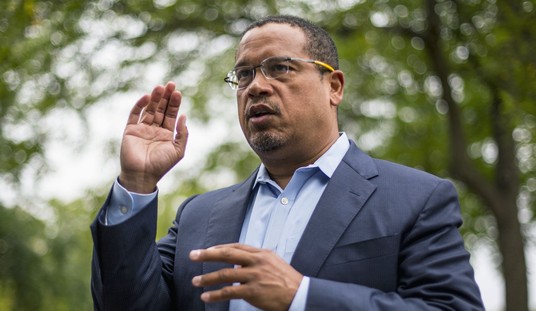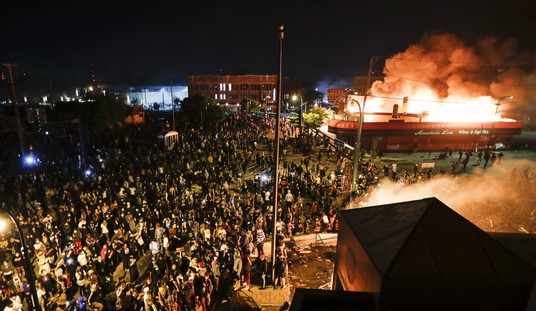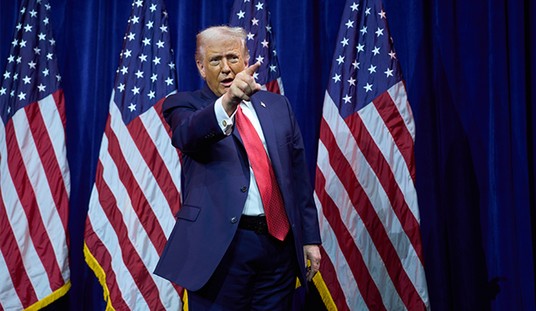Mississippi Governor Haley Barbour has been refreshingly candid about his career as a lobbyist as he gears up for a run at the Republican presidential nomination, given the disfavor into which lobbying has fallen with voters. Time Magazine’s latest revelation may test that approach to its limits within the conservative sphere of the party. Michael Scherer reports that Barbour lobbied for a “mini-amnesty” during the early years of the George W. Bush administration, right after 9/11:
According to a State Department filing by Barbour’s former lobbying firm, The Embassy of Mexico decided to retain Barbour’s services on August 15, 2001, to work on, among other things, legislation that would provide a path to citizenship for foreigners living illegally in the United States—what opponents of immigration reform call “amnesty.”
“Haley Barbour and I will lead the BG&R team,” wrote Lanny Griffith, Barbour’s former business partner, in the filing. According to subsequent filings, Barbour’s work included “building support in the legislative branch for passage of a bill related to Section 245(i) of the Immigration and Nationality Act.” As part of that work, Barbour’s firm arranged meetings and briefings with “Senators, members of Congress and their staffs, as well as Executive Branch Officials in the White House, National Security Council, State Department, and Immigration & Naturalization Service.” Barbour’s firm charged Mexico $35,000 a month, plus expenses.
At the time, Mexico was seeking an extension of a provision that allowed undocumented immigrants living in the United States to receive legal visas or green cards without returning to their country of origin, provided they pay an additional fine. In practice, the provision generally helped out undocumented family members of legal immigrants or undocumented immigrants who were eligible for visas based upon certain job skills. Without the provision in place, undocumented immigrants who received legal papers had to return to their country of origin, for three or 10 years, before returning to the U.S. The Congressional Research Service estimated that an extension would put benefit about 300,000 undocumented immigrants.
Barbour has actually been rather consistent about his support for normalization. He spoke about it last year in the context of the recovery from Hurricane Katrina, telling the Hoover Institute that the recovery couldn’t have succeeded without illegal workers:
I don’t know where we would have been in Mississippi after Katrina if it hadn’t been with the Spanish speakers that came in to help rebuild. And there’s no doubt in my mind some of them were here illegally. Some of them were, some of them weren’t. But they came in, they looked for the work. If they hadn’t been there — if they hadn’t come and stayed for a few months or a couple years — we would be way, way, way behind where we are now. . . . A lot of it is just common sense. And common sense tell us we’re not going to take 10 or 12 or 14 million people and put them in jail and deport them. We’re not gonna do it, and we need to quit — some people need to quit acting like we are and let’s talk about real solutions.
Time may have done Barbour a favor by getting this out now, although clearly it wasn’t in Barbour’s plans to do so. Scherer framed this as the lobbying that Barbour omitted from his Fox News Sunday interview. As with most damaging revelations on policy or personal lives, early exposure allows for damage control and the opportunity for recovery.
However, Barbour’s framing of the problem may do even more damage than the lobbying for the mini-amnesty. Few people actually argue for attempting to round up 14 million people and forcibly deporting them. The mainstream conservative viewpoint focuses on border security and visa reform first above all other changes or reforms. By securing both the southern and the northern border and creating a visa system that tracks recipients and flags expirations in real time, we can stop the inflow; by enforcing immigration and employment law, we can accelerate the outflow. The economic downturn and state-based enforcement has proven that illegal immigrants respond to enforcement and economic pressure without mass detention and deportations.
Once we have secured the nation, which Congress has shamefully failed to do in the nine-plus years since 9/11, then we can debate how best to address the smaller number of those who remain, most likely the illegal immigrants who have been in the US for years. That problem will be easier to solve, with the added benefit of not incentivizing more illegal immigration as a result.
Perhaps Barbour might adopt this as a new direction, or perhaps he will remain consistent on his position. At any rate, it’s now out in the open for debate.
Update: Haley Barbour released this statement in response:
“One reason I’ve been successful as Governor is that I’m plain-spoken and use common sense. I tell people what I think, not what I think they want to hear.
“Before there can be immigration reform, we must secure our borders. Only after that can any reforms be achieved, and those can’t include amnesty.
“Everybody knows we are not going to put ten or twelve million people in jail and deport them. Once the border is secure, we should develop a responsible guest-worker program and it can’t include amnesty.”
Barbour’s press team released a statement that categorically denies working on the mini-amnesty: “In their work on immigration issues, BGR never advocated amnesty for illegal aliens.”







Join the conversation as a VIP Member